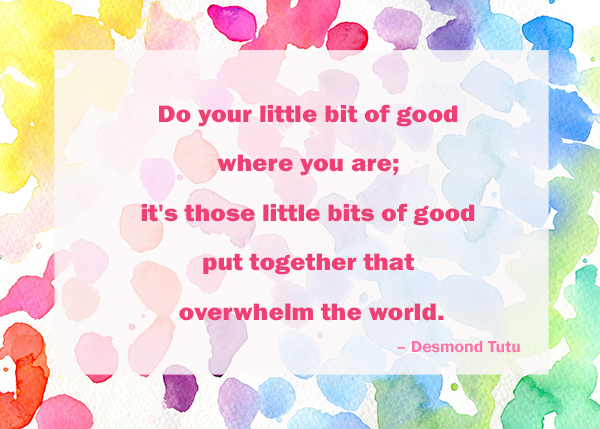What if we saw privilege as an invitation to make the world a better place?
When Chef Asma Khan was a young girl growing up in India, her father took her to the ruins of the ancestral palace. From there, they could see the remains of the surrounding slums. “It was an accident of birth,” he told her” that you were born into our wealthy family rather than the poverty-stricken families around us. You can respond to that privilege by helping other people less fortunate than you.”
Today, Chef Khan makes a point of hiring, training, and promoting disadvantaged South Asian women to work with her in her London restaurant. Her restaurant supports a foundation celebrating second daughters born to Indian families.
The folks at thisishowyoucan.com have put together a “wheel of power and privilege” graphic. With it, you can consider how you are privileged (or not).
Your position on the wheel can invite you to take action to correct injustices you see and/or experience. For instance, as an educated white human, I have a lot of privilege. I can use that power and privilege to help other people. As a woman with disabilities, I have limited power and privilege. However, I have increased understanding of the needs and issues of people like me. Sometimes, I find myself leaning into my limitations. I spend some days in bed. Other times, I lean into my power. I take action to decrease suffering and increase justice in the world.
In a month when I am considering the kind promise “I will advocate courageously,” being conscious of both my power and my limitations helps me identify where and how I can use my energies for the greater good.
In your journal:
- Write about privilege, disadvantage, and action.
- How are you privileged?
- How could you use that privilege to help others?
- How are you disadvantaged?
- How has your situation increased your compassion?
- How can that understanding help you advocate more effectively?

